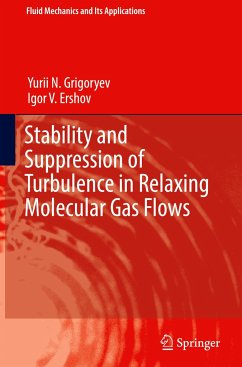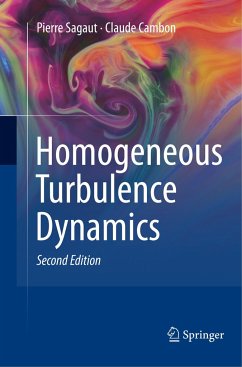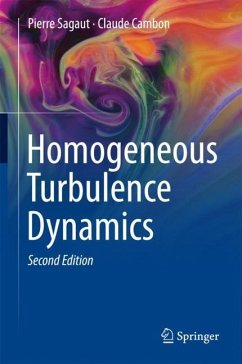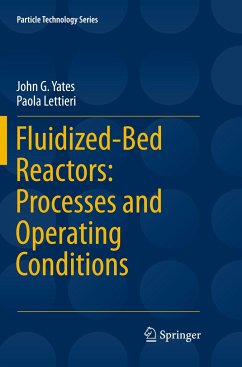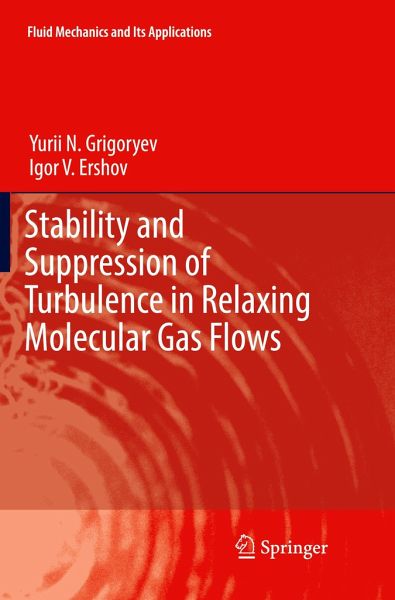
Stability and Suppression of Turbulence in Relaxing Molecular Gas Flows
Versandkostenfrei!
Versandfertig in 6-10 Tagen
76,99 €
inkl. MwSt.
Weitere Ausgaben:

PAYBACK Punkte
38 °P sammeln!
This book presents an in-depth systematic investigation of a dissipative effect which manifests itself as the growth of hydrodynamic stability and suppression of turbulence in relaxing molecular gas flows.The work describes the theoretical foundations of a new way to control stability and laminar turbulent transitions in aerodynamic flows. It develops hydrodynamic models for describing thermal nonequilibrium gas flows which allow the consideration of suppression of inviscid acoustic waves in 2D shear flows. Then, nonlinear evolution of large-scale vortices and Kelvin-Helmholtz waves in relaxin...
This book presents an in-depth systematic investigation of a dissipative effect which manifests itself as the growth of hydrodynamic stability and suppression of turbulence in relaxing molecular gas flows.
The work describes the theoretical foundations of a new way to control stability and laminar turbulent transitions in aerodynamic flows. It develops hydrodynamic models for describing thermal nonequilibrium gas flows which allow the consideration of suppression of inviscid acoustic waves in 2D shear flows. Then, nonlinear evolution of large-scale vortices and Kelvin-Helmholtz waves in relaxing shear flows are studied. Critical Reynolds numbers in supersonic Couette flows are calculated analytically and numerically within the framework of both linear and nonlinear classical energy hydrodynamic stability theories. The calculations clearly show that the relaxation process can appreciably delay the laminar-turbulent transition. The aim of the book is to show the new dissipative effect, which can be used for flow control and laminarization.
This volume will be of interest and useful to mechanical engineers, physicists, and mathematicians who specialize in hydrodynamic stability theory, turbulence, and laminarization of flows.
The work describes the theoretical foundations of a new way to control stability and laminar turbulent transitions in aerodynamic flows. It develops hydrodynamic models for describing thermal nonequilibrium gas flows which allow the consideration of suppression of inviscid acoustic waves in 2D shear flows. Then, nonlinear evolution of large-scale vortices and Kelvin-Helmholtz waves in relaxing shear flows are studied. Critical Reynolds numbers in supersonic Couette flows are calculated analytically and numerically within the framework of both linear and nonlinear classical energy hydrodynamic stability theories. The calculations clearly show that the relaxation process can appreciably delay the laminar-turbulent transition. The aim of the book is to show the new dissipative effect, which can be used for flow control and laminarization.
This volume will be of interest and useful to mechanical engineers, physicists, and mathematicians who specialize in hydrodynamic stability theory, turbulence, and laminarization of flows.



